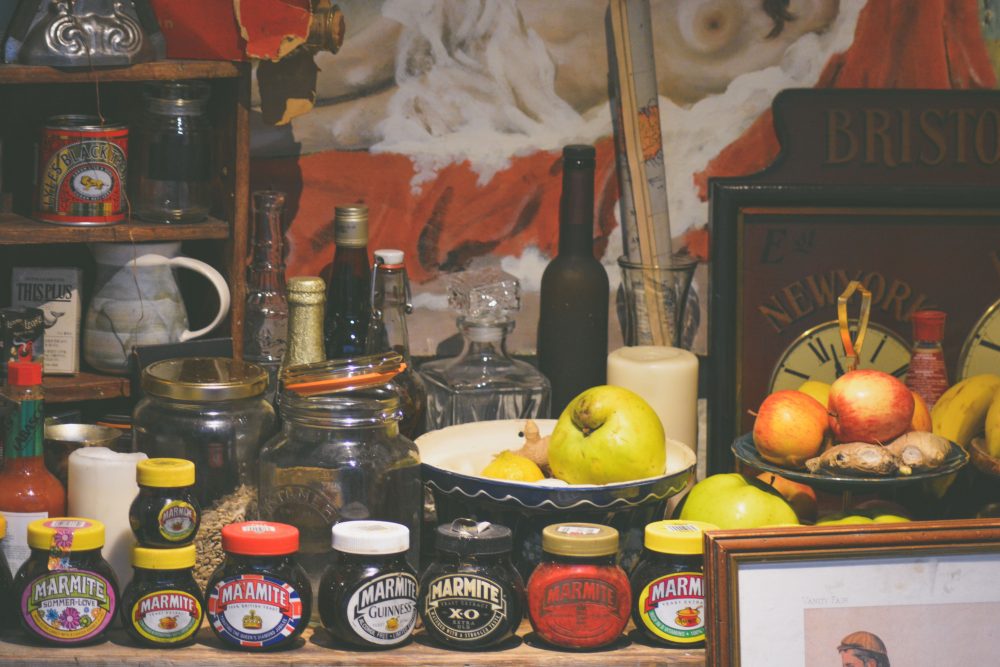
Have you ever heard of the phrase 'all or nothing' before?
This basically means when you're either completely decided on something, or completely against it. For example, we sometimes say that you can be either all or nothing with marmite - meaning, you either really love it, or really hate it!
'All-or-nothing thinking' means when you pretty much only think in extremes. This can have quite a serious effect on your day to day decision making, as well as how you feel about yourself and how you think your life is going. If we only ever think that things can be really good, or really bad, this can end up causing emotions such as anger and disappointment when things don't go our way, which can lead to longer term mental health conditions such as anxiety or depression.
Using words like 'nothing' or 'never' often, are common symptoms of all-or-nothing thinking. When we don't weigh up the evidence we have for and against our thoughts, and decide there are no alternatives or solutions to our problems, we only open ourselves up to experience the negatives of a particular situation.
Here are some tips to ensure you avoid all-or-nothing thinking as often as you can, and what you can do instead:
💭 Try to stop using words like 'nothing' or 'ever'
💭 Notice when you're thinking in marmite terms (either loving it or hating it) and ask yourself if there's a possibility for any gray area in between
💭 Try to find the positive side of the situation
💭 Recognise your strengths and don't focus on your faults
💭 Understand that setbacks happen and don't dwell on self-defeating thoughts
Always remember that sharing problems and things you struggle with means you are more likely to solve them. Another person might bring a different view or solution.